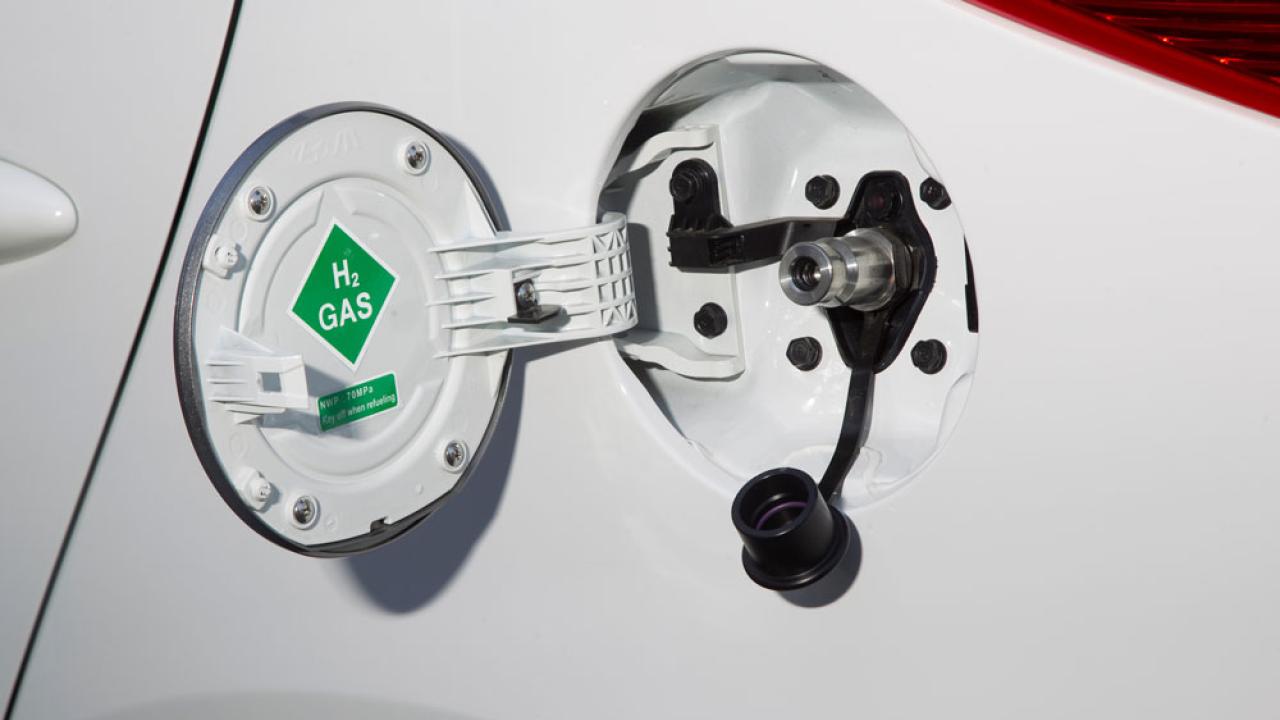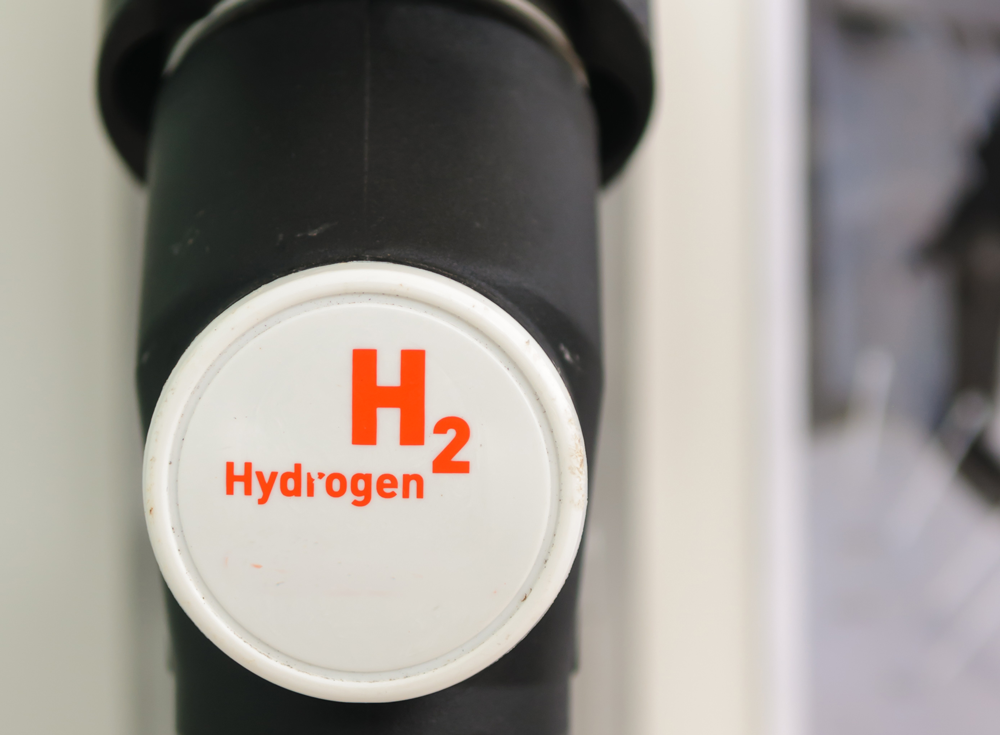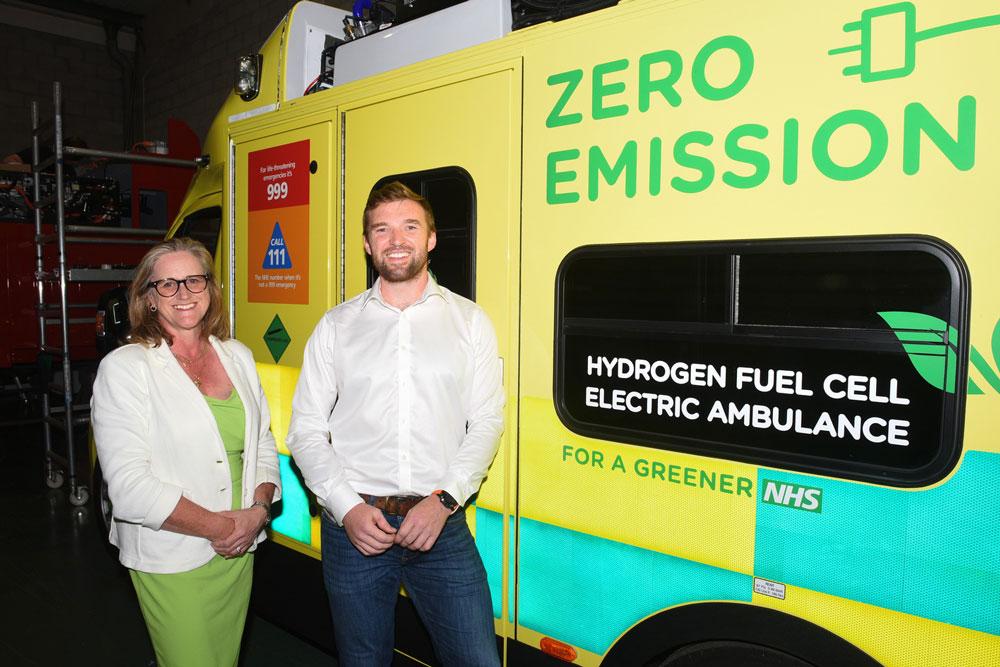The Hydrogen Energy Association (HEA) is seeking to plug an emerging skills gap in the electrolytic hydrogen sector.
In a new paper by the HEA, key areas limiting the rollout of electrolytic hydrogen are highlighted, along with a series of recommendations for Government.
Along with recommendations around incentivising electrolytic hydrogen use and breaking down planning and consent barriers, it highlighted the work it has been doing with the Hydrogen Skills Alliance to develop a strategy that looks at a gap analysis of curriculum to identify suitable areas where hydrogen awareness, education and training could be successfully incorporated.
The association says that electrolytic hydrogen production in particular, will require a whole spectrum of roles and skills, including the operation, servicing and maintenance of the electrolyser and Balance of Plant (BoP) technologies, the transmission, transportation and storage of hydrogen, as well as the servicing of end user applications.
The proposals come ahead of an eagerly anticipated Green Jobs Plan, devised by the Green Jobs Delivery Group co-chaired by the Minister for Energy Security and Net Zero Graham Stuart, which aims to set out clear plans to enable the UK workforce to deliver net zero and wider environmental goals.
To support this, the HEA has called for the allocation of sufficient funding for up-skilling and retraining, collaboration with educational initiatives and institutions to create clear career transition pathways and a fund for a national hydrogen skills training programme to ensure a pipeline of new and existing talent.
CEO Celia Greaves said: “The limited availability of skilled labour within the hydrogen sector is an increasingly urgent consideration and failure to address this issue now will result in sector-wide shortages and supply chain disruption that will inevitably constrain the pace at which the UK hydrogen economy can develop.
“While developing a hydrogen workforce is unique in the sense that it has to be built from scratch and at unprecedented pace, it has the advantage of skills transferability from the existing oil and gas industry. This indicates a need to create a joined-up approach to people and skills right across the energy industry.
“Skills shortages are already visible in the hydrogen sector, and this will only intensify once the backlog of electrolytic hydrogen projects enter the construction and operation phases."
The HEA has been working through the Hydrogen Skills Alliance (HSA) to identify the challenges associated with hydrogen skills.
But with 84% of employers noting an insufficient number of skilled workers for hydrogen, and 61% claiming this is impacting their ability to scale up, Celia said it was “essential that Government invest in ways to strengthen the pipeline.”
Alongside challenges to skills, education and training, the paper also identified other key areas limiting the rollout of electrolytic hydrogen and offered 27 actionable recommendations for Government.
Among these were calls to develop a simplified and proportional adaption of the Low Carbon Hydrogen Standard (LCHS), adopt a strategy of distributing targeted and accessible information to local councils and planning authorities to ensure they have sufficient information about hydrogen to make swift and informed planning decisions, and focus on increasing the capacity of the planning and consenting system.
The HEA is now set to work with Government and other stakeholders to take forward the recommendations to optimise outcomes for electrolytic hydrogen and facilitate the rollout of the hydrogen economy more broadly.







